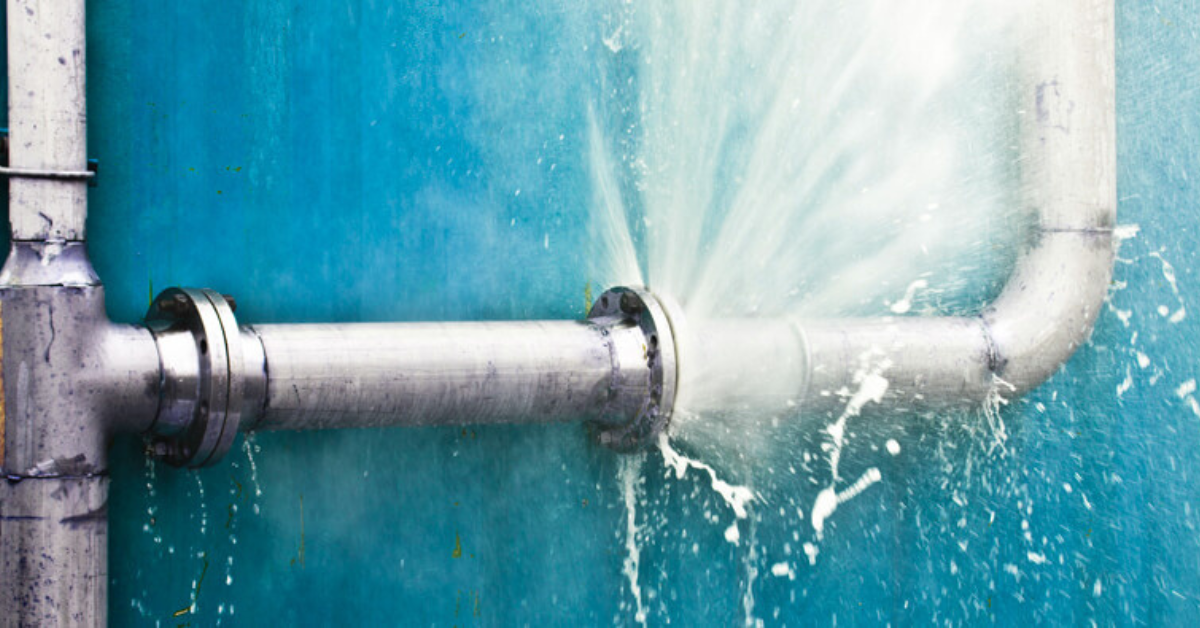What're your insights and beliefs about Dealing with Low Water Pressure in Your Home?

Low tide pressure in your house can be an aggravating trouble, impacting every little thing from showering to cleaning meals. If you're experiencing weak water circulation, there are a number of feasible causes and options to discover. In this guide, we'll review common factors for low water stress and practical steps to resolve the issue successfully.
Intro to Low Water Stress
Low water pressure takes place when the circulation of water from your faucets, showers, and various other components is weaker than typical. This can make daily tasks a lot more challenging and less efficient. Recognizing the reasons for low water pressure is vital to locating the right service.
Typical Sources Of Low Water Pressure
Faulty Pressure Regulators
Pressure regulators are accountable for keeping consistent water pressure in your home. If they malfunction, it can lead to low water pressure or irregular flow throughout the house.
Community Water System Issues
Often, the trouble exists outside your home. Metropolitan water supply problems, such as main line leakages or maintenance job, can momentarily decrease water stress in your location.
Pipe Obstructions
Over time, pipelines can end up being blocked with natural resource, sediment, or debris, restricting the flow of water. This is a common concern in older homes with galvanized steel pipelines.
Deterioration
Deterioration within pipelines can lead to leaks and lowered water pressure. Rust build-up can restrict water flow, especially in aging plumbing systems.
Just How to Detect Low Tide Pressure
Inspecting Pipes
Evaluate visible pipelines for indications of leaks, corrosion, or clogs. Take notice of any kind of unusual sounds, such as banging or rattling pipes, which can suggest issues within the plumbing system.
Consulting with a Plumber
If you're unable to determine the root cause of low water stress, take into consideration working with an expert plumber to conduct a comprehensive examination. They can recognize underlying problems and advise proper services.
Examining Taps and Components
Start by examining the water pressure at various faucets and components throughout your home. If the problem is isolated to specific locations, it may show localized troubles.
DIY Solutions to Deal With Low Water Stress
Flushing Water Heater
Sediment build-up in the water heater can limit flow and lower efficiency. Purging the tank regularly helps get rid of sediment and preserve optimum performance.
Examining Pressure Regulatory Authority
Ensure that the pressure regulatory authority is working correctly. Changing or changing the regulator can assist recover proper water pressure throughout your home.
Cleansing Aerators and Showerheads
Mineral deposits can gather in aerators and showerheads, decreasing water circulation. Eliminate and clean these elements on a regular basis to boost water pressure.
Clearing Up Clogs in Pipeline
For small blockages, try utilizing a plumbing serpent or chemical drain cleaner to clear blockages in pipelines. Be cautious when utilizing chemicals and adhere to safety and security guidelines.
When to Call an Expert Plumber
If DIY efforts fall short to solve the issue or if you believe significant plumbing troubles, it's best to look for help from an accredited plumber. They have the expertise and tools to attend to intricate concerns securely and effectively.
Preventive Measures to Keep Water Stress
Installing a Stress Booster
Consider installing a pressure booster pump to enhance water stress in locations with continually reduced circulation. This can be especially valuable for multi-story homes or residential or commercial properties with high-demand fixtures.
Monitoring Water Usage
Be mindful of water use routines and prevent overtaxing the plumbing system. Easy changes, such as shocking showers and laundry lots, can aid keep appropriate water stress.
Normal Maintenance
Schedule routine upkeep for your plumbing system to avoid problems such as corrosion, leaks, and obstructions. Addressing small issues early can help avoid even more considerable repair work later on.
Verdict
Taking care of low tide pressure can be frustrating, yet determining the underlying causes and implementing ideal options can restore optimum circulation throughout your home. Whether it's cleaning up aerators, inspecting pipelines, or talking to a plumber, taking proactive actions can guarantee a steady supply of water for your day-to-day needs.
HOW TO FIX LOW WATER PRESSURE IN YOUR HOUSE (EXPERT GUIDE)
The morning shower lacking any real pressure? Bathtub taking hours to fill? Or maybe you’re dissatisfied with the inadequate performance from your combi boiler?
Then you, like millions of others across the UK, might be experiencing low water pressure.
Fortunately, the good news is that you don’t have to continue living this way. The cause of low water pressure in the home is often quite simple, and you may not even require a plumber to fix the problem.
What causes low water pressure in the house?
If you are experiencing issues with water pressure throughout your home, then you may have one of the problems outlined below.
Most of these problems can be fixed quite easily, but for others, you may need to contact a plumber.
Obstructed Shutoff Valve
If you’ve just bought a new home or recently had building work conducted on your property, there is a chance that your water valves were not fully opened.
If the water valve is partially closed, then you may be restricting the amount of water entering your home. To fix this, simply ensure the valve is fully open.
If the valve appears fully open but you are still encountering reduced water pressure, then the valve may be broken. If this is the case, do not under any circumstances try to fix it without proper training.
Often found under your kitchen sink, a water valve will usually look like a bright yellow handle.
Again, if you believe the water valve is broken, contact a plumber immediately.
Leaks in Your Water Pipes
Leaks are the worst-case scenario when it comes to low water pressure.
If the water pipes are damaged, then this will cause low water pressure, as not all the water will make it to your taps.
After you’ve checked to see if the valve is fully open, you can conduct a leak check of your home. Now, this may seem scary, but it is actually quite simple.
Clogged Water Pipes
Clogged water pipes are one of the most common causes of low water pressure.
These clogs usually build-up when your home is supplied water via iron pipes. Iron is particularly vulnerable to rusting which can then break off and cause an obstruction within your system. You also face the problem of things like dirt, gravel or sand entering creating mineral deposits which further block water flowing from the mains water supply.
Unfortunately, if you suspect that clogged pipes may be restricting your water supply, then you will need to contact a plumber.
In this situation, you will either need to have your pipes removed and cleaned or in more severe cases, you could require a new set of water pipes.
Designer Taps
Designer taps look fantastic, but are they built to be efficient in your plumbing system? Modern taps are built for modern homes and they often have lower flow rates that are specifically designed for use within high-pressure systems.
Install a Water Pressure Booster Pump
If the issue is simply that the mains water pressure supply is too low, the simplest fix is to invest in a booster pump. Found in homes of all shapes and sizes, booster pumps are a relatively cheap option to add extra pressure to your home.
Designed to increase water pressure by passing water into the pump from your mains supply and then ejecting it into your home water system at a higher pressure, a booster pump is a truly simple and effective solution to increasing water pressure.
https://www.anchorpumps.com/blog/the-plumbers-guide-to-fixing-low-water-pressure/

I'm certainly very curious about 9 Reasons for Low Water Pressure in Your House and I'm hoping you enjoyed reading our post. Do you know about another person who is interested by the topic? Feel free to share it. Thank you for going through it.
Call Today